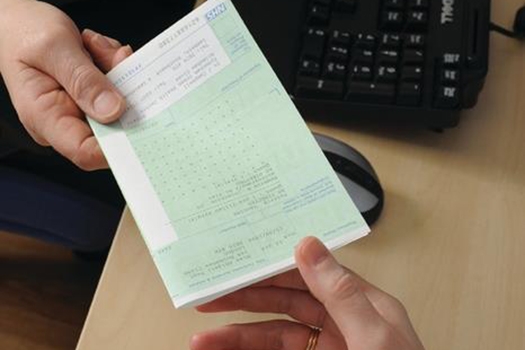GPs prescribe more opioids in poorer areas, according to the findings of a new study.
The research, carried out by the universities of Manchester and Nottingham, looked at the number of opioid prescriptions for pain issued in England to determine whether there is a link between opioid prescribing and socio-ecomomic status.
It found that four out of 10 CCG regions that prescribe the most opioids in the country are located in the North West, where there are more areas of deprivation and people are more likely to experience back pain compared with southern regions.
The researchers ranked CCG regions according to 10 levels of deprivation ranging from ‘wealthy’ to ‘poor’. They found the use of morphine – which is among a number of opiods that have seen overdosing rise ‘dramatically’ in the west in recent decades – increased by an average of 100mg per 1,000 patients a day with each change in ranking.
The study, published in the International Journal of Drug Policy, also found GPs in northern England tend to prescribe more opioids to patients who smoke, are obese, have depression or have arthritis, compared with those in poorer areas.
Higher opioid prescribing rates in poorer areas might also be due to a higher prevalence of manual workers, who are more likely to experience musculoskeletal problems, said the research paper.
The researchers analysed data from the Office of National Statistics’ index of multiple deprivation and NHS Digital’s database of 7,856 practices in 2015.
The highest 10 CCG areas prescribing opioids are:
- NHS Blackpool CCG (North West)
- NHS St Helens CCG (North West)
- NHS Lincolnshire East CCG (East Midlands)
- NHS Knowsley CCG (North West)
- NHS Barnsley CCG (Yorkshire and the Humber)
- NHS Corby CCG (East Midlands)
- NHS Halton CCG (North West)
- NHS Great Yarmouth and Waveney CCG (East Anglia)
- NHS Doncaster CCG (Yorkshire and the Humber)
- NHS South Tees CCG (North East)
Lead researcher Dr Li-Chia Chen said: ‘Chronic pain is difficult to manage and unfortunately, because their workload pressures are so stringent, GPs have limited capacity to counsel patients with persistent pain.
‘This might explain why drug therapy is the main way how GPs manage pain.
‘There’s no guarantee that long-term use of opioid analgesics can resolve chronic pain. Indeed the risk of opioids’ side-effects such as dependency, respiratory depression and immunosuppression may sometimes outweigh the potential benefits.’
A previous study in the BMJ Open highlighted a substantial variation in opioid prescribing across the UK, with patients in the north being more likely to have chronic pain and be prescribed opioids than those in the south.

















